Lakshadweep
WELCOME TO Lakshadweep
Territory Overview
Lakshadweep
32 km2
64,473
Malayalam
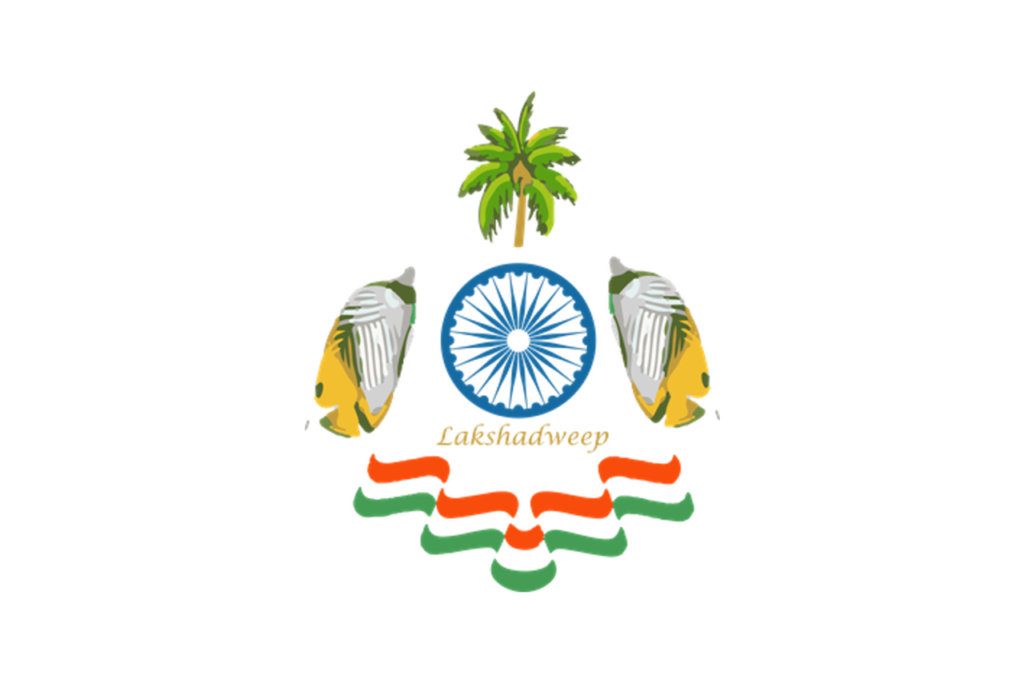
Popular
Geography and Tourist Attractions
Information about the state's tourist attractions, including popular destinations, events, and activities.
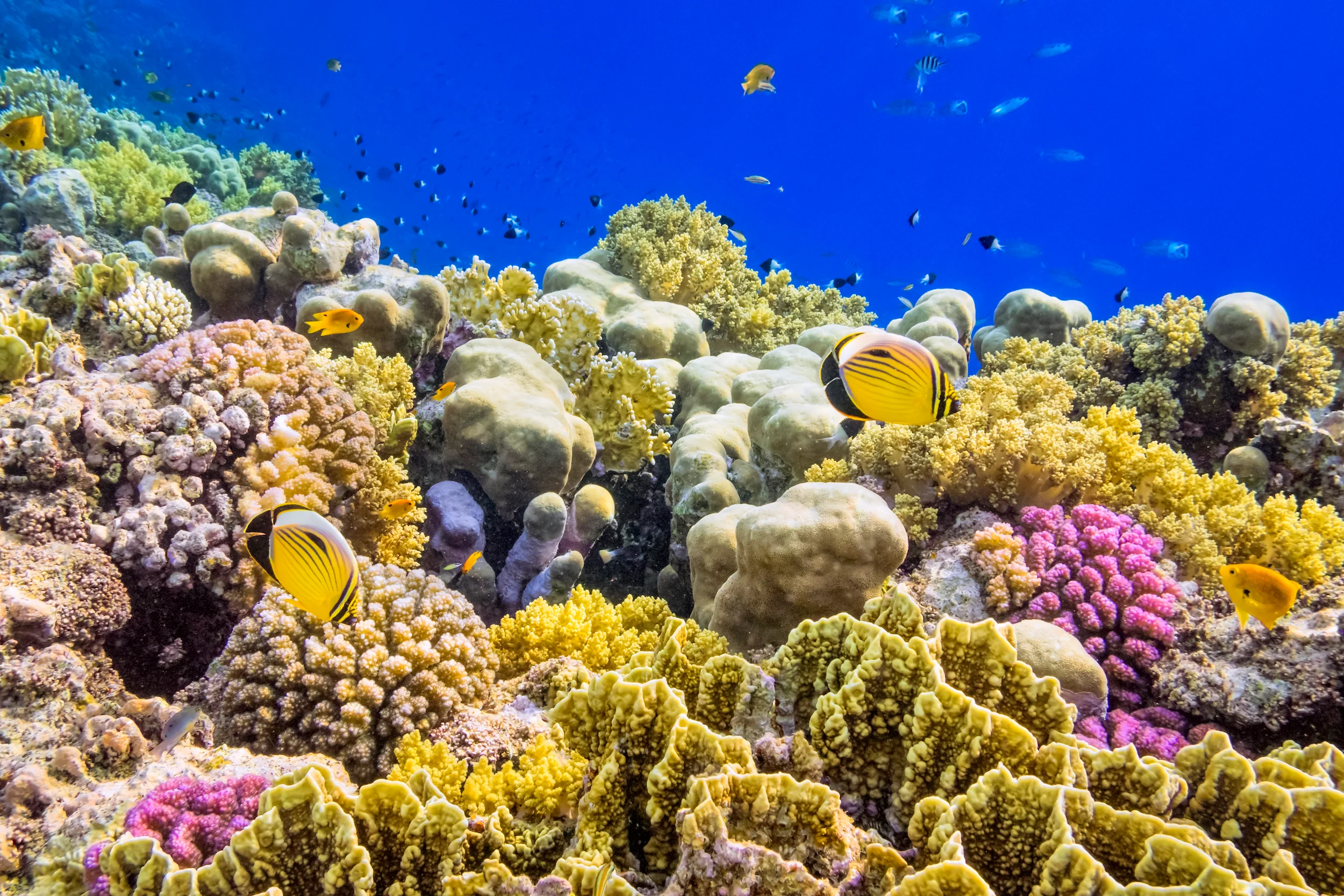
Coral Reefs
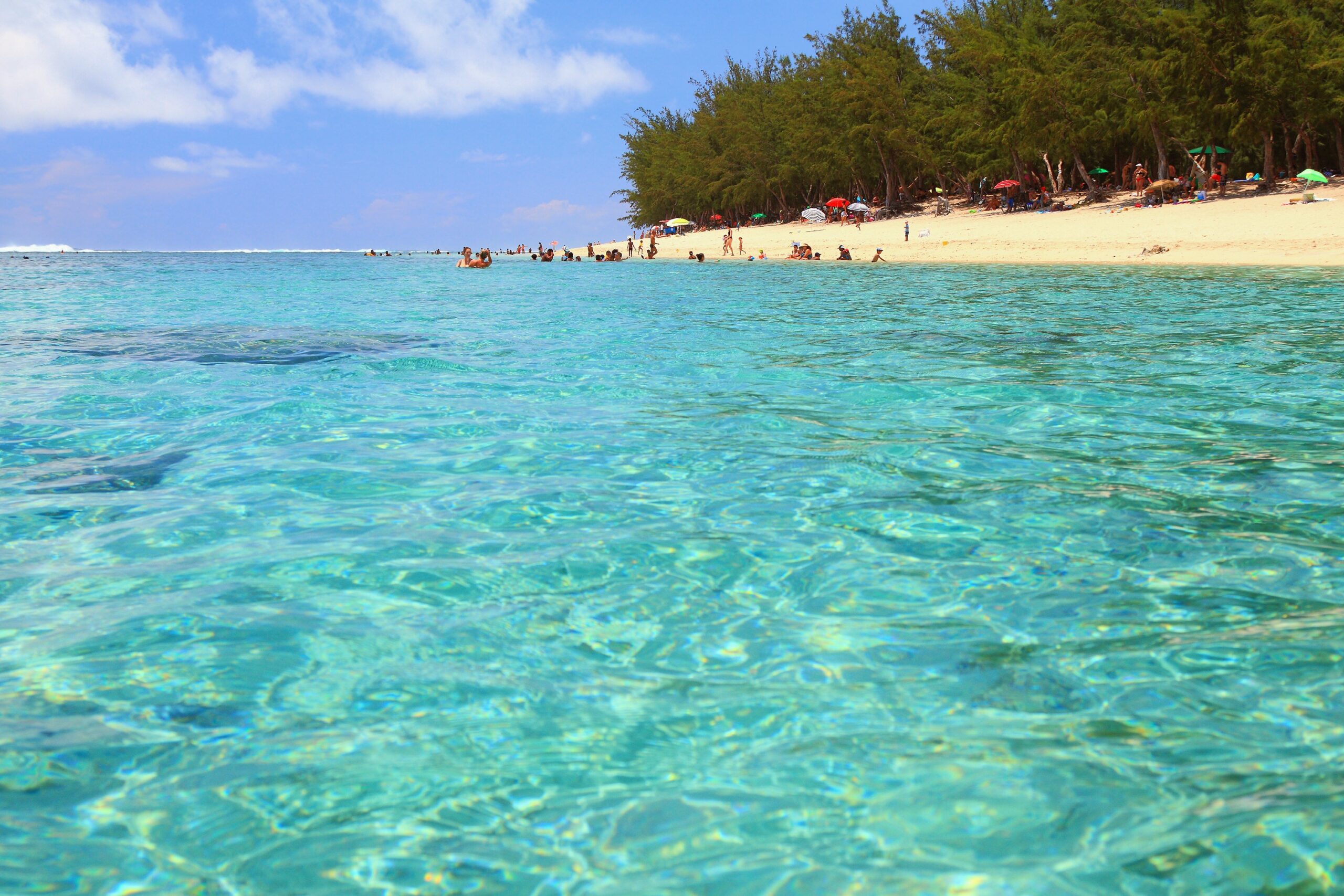
Lagoons and Beaches
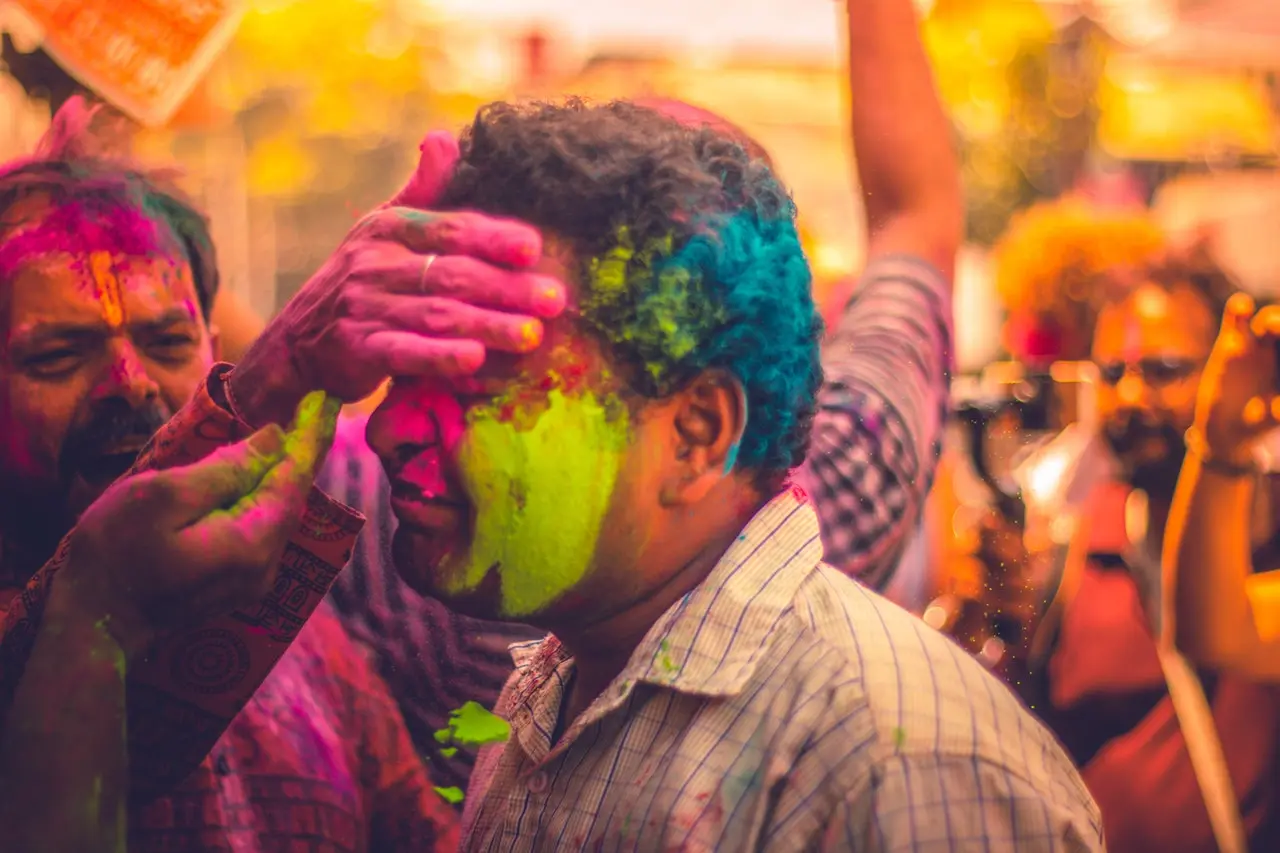
Cultural Experiences
Political
Economy and Government
Lakshadweep's economy is primarily dependent on agriculture, fishing, and tourism. Coconut cultivation is a major agricultural activity, with copra being the primary cash crop. Fishing, both traditional and commercial, contributes significantly to the local economy, with the export of tuna fish being a notable activity. The tourism sector is gaining prominence, attracting visitors with its pristine beaches, coral reefs, and water sports. The government is making efforts to promote eco-tourism and sustainable development in the region.
Lakshadweep is governed by an Administrator appointed by the President of India. The Administrator acts as the head of the union territory and is responsible for the overall administration, policymaking, and implementation of central government schemes. The Administrator is assisted by an Executive Council comprising officials responsible for various departments. The local administration is decentralized, with villages having elected panchayats that play a role in local governance and decision-making.
The central government plays a vital role in the development and governance of Lakshadweep, providing financial assistance, infrastructure development, and social welfare schemes. The administration focuses on preserving the unique cultural heritage, promoting sustainable development, and ensuring the welfare of the local population.
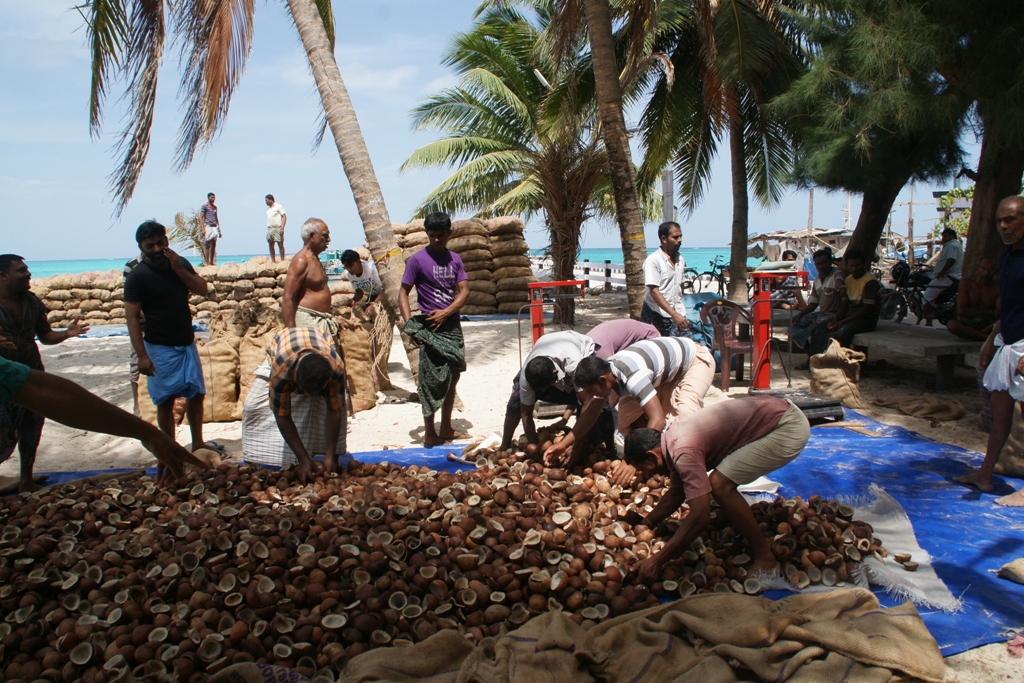
History
History and Culture
Lakshadweep's history is intertwined with maritime trade and seafaring. The islands were a strategic stop for traders from Arabia, Egypt, and other parts of the world. Arab sailors played a significant role in spreading Islam in the region. Over time, the islands came under the rule of various dynasties and colonial powers, including the Cheras, the Portuguese, and eventually the British, before becoming part of independent India.
Lakshadweep boasts a unique cultural heritage with influences from Arab, Malabar, and coastal communities. The islanders have preserved their distinct traditions, languages, and art forms. The traditional dance forms of "Lava" and "Kolkali" are an integral part of the cultural fabric. The locals celebrate festivals like Eid, Muharram, and Milad-un-Nabi with great enthusiasm. The cuisine of Lakshadweep reflects its coastal location, with seafood dishes being popular.
The islanders have a deep connection with the sea, evident in their fishing practices, boat-building skills, and navigation techniques. They lead a simple and harmonious way of life, with a strong sense of community and mutual support.
Lakshadweep's history and culture offer a fascinating glimpse into the region's seafaring past, diverse influences, and the enduring traditions of its people.
HOTELS
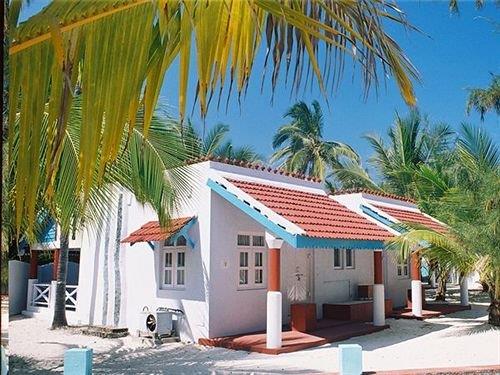
Agatti Island Beach Resort
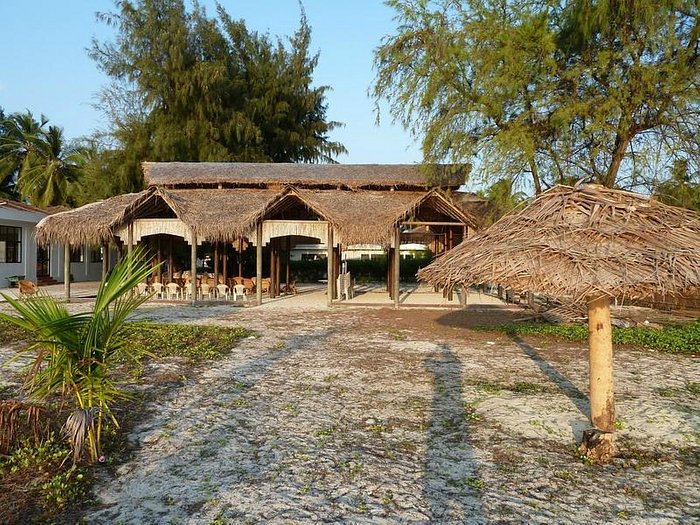
Kadmat Beach Resort

Bangaram Island Resort
RESTAURANTS
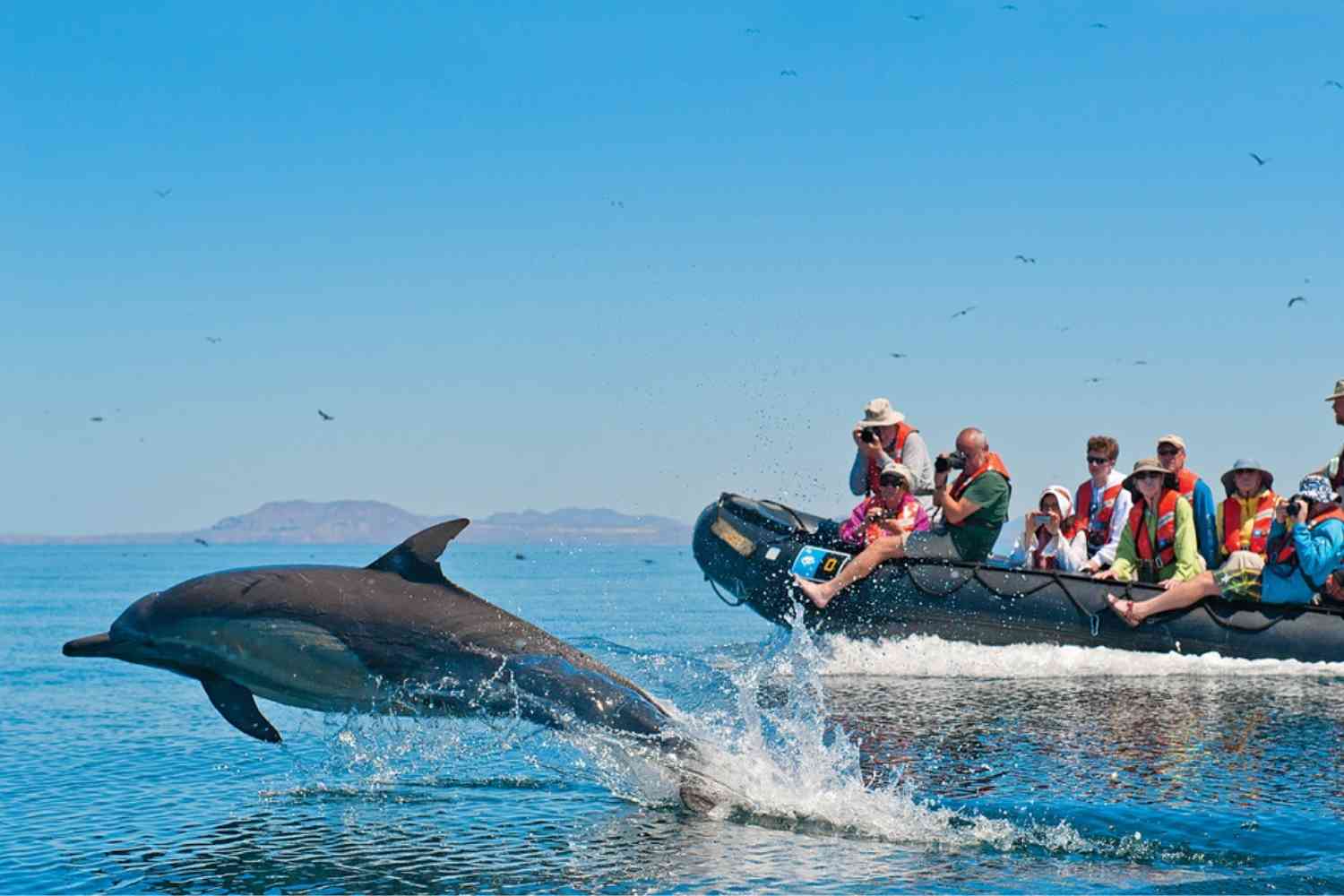
Dolphin's Café (Agatti Island)
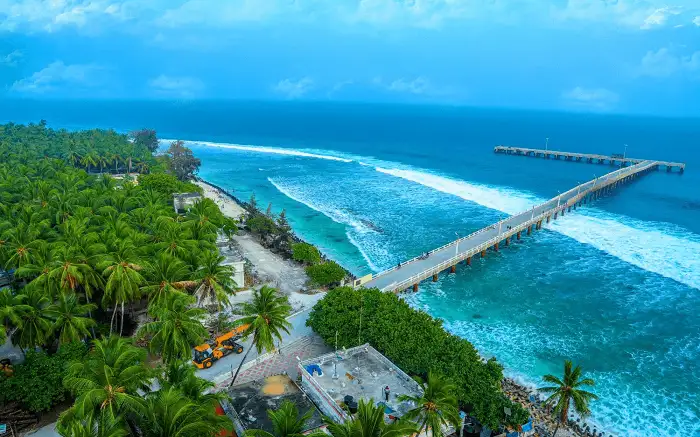
Coral Café (Kadmat Island)

